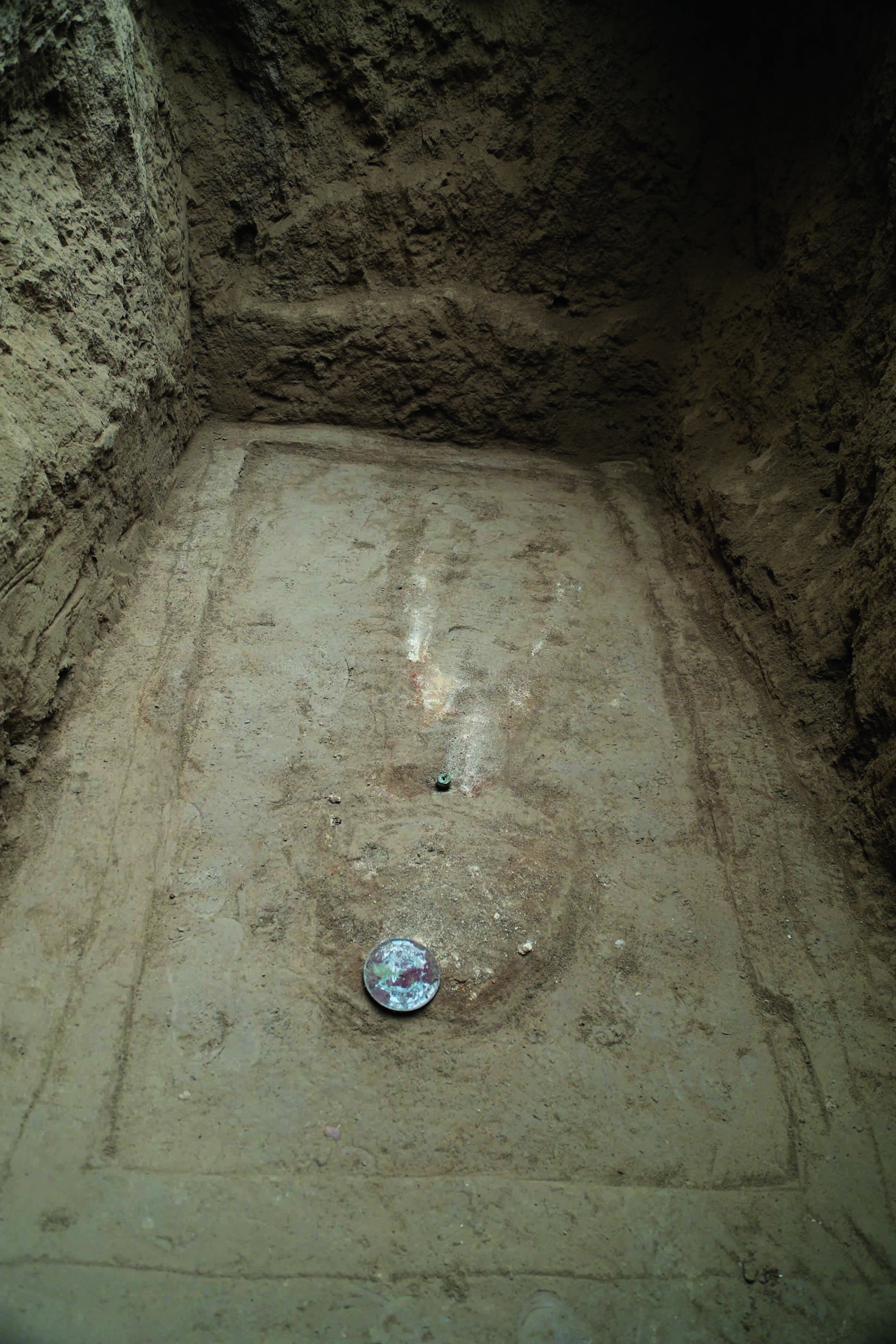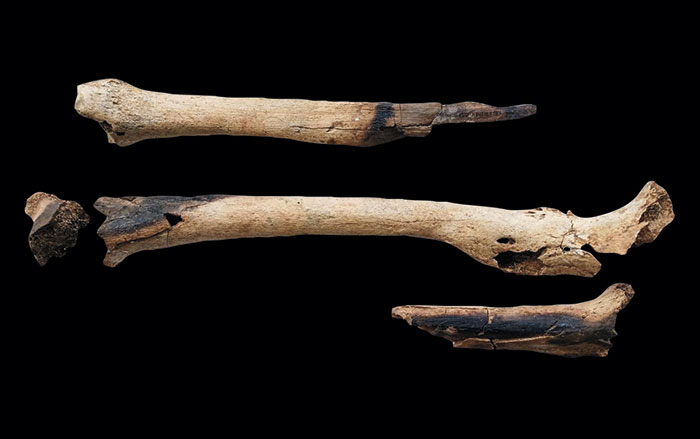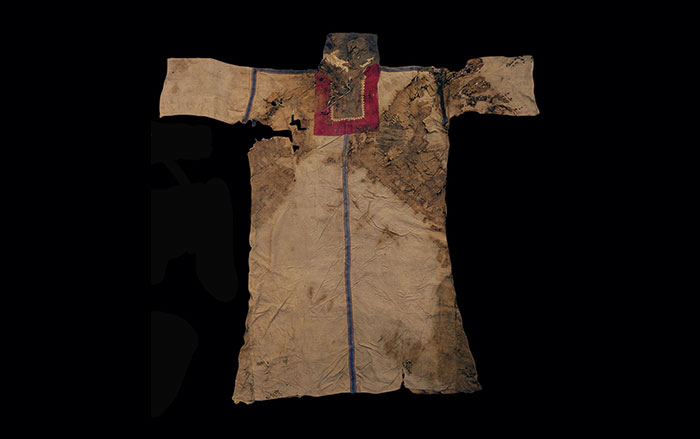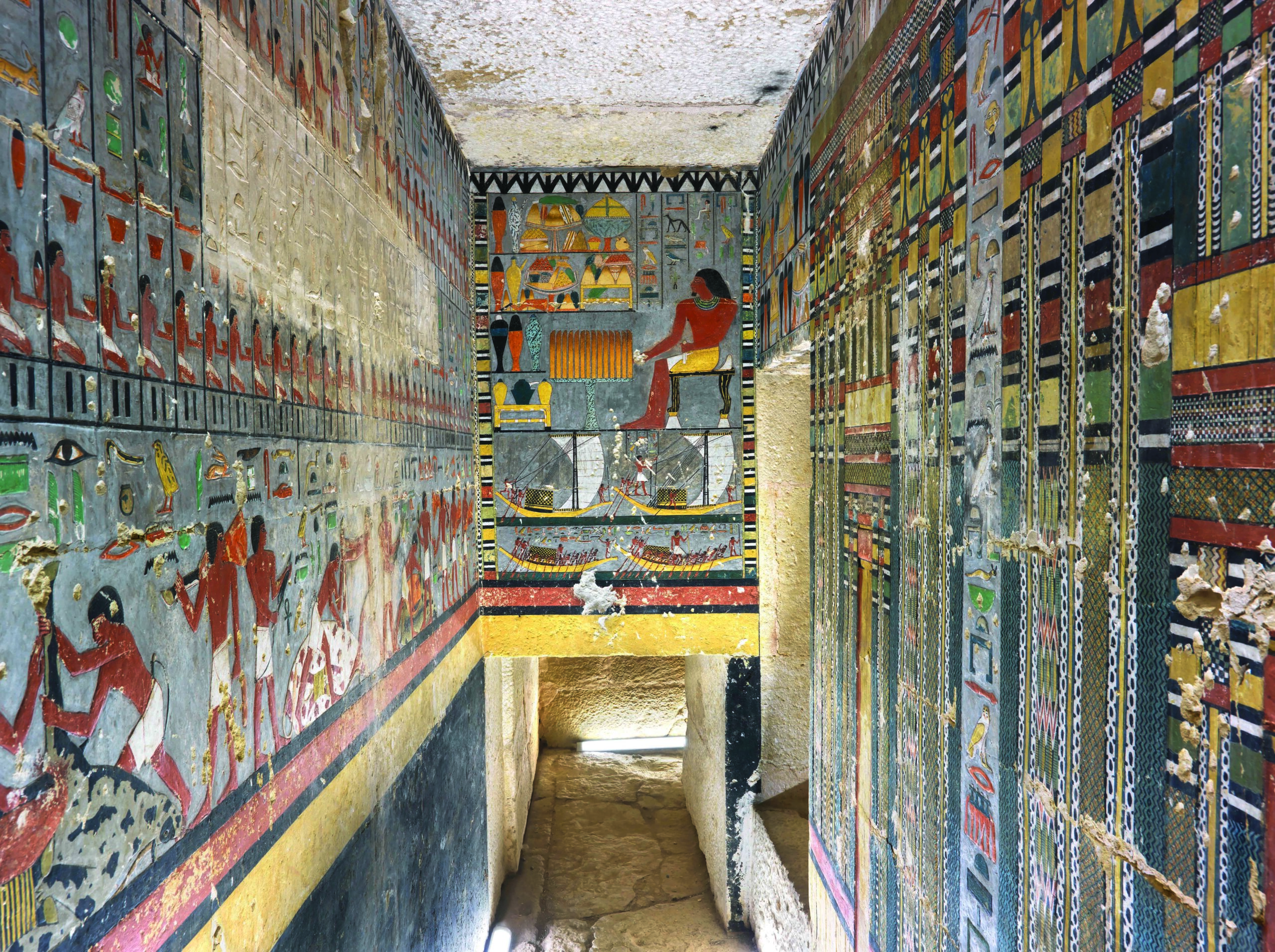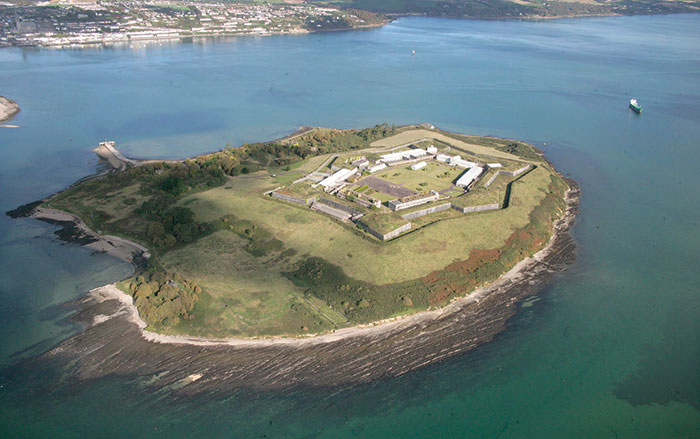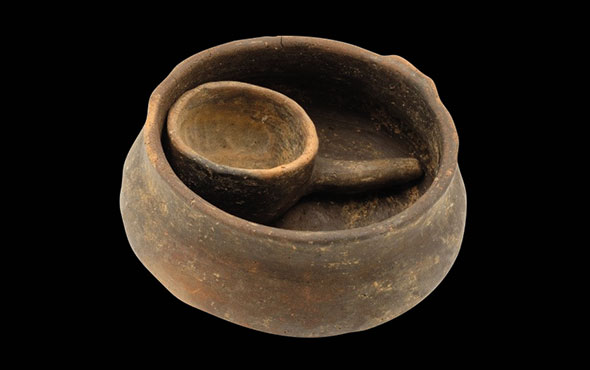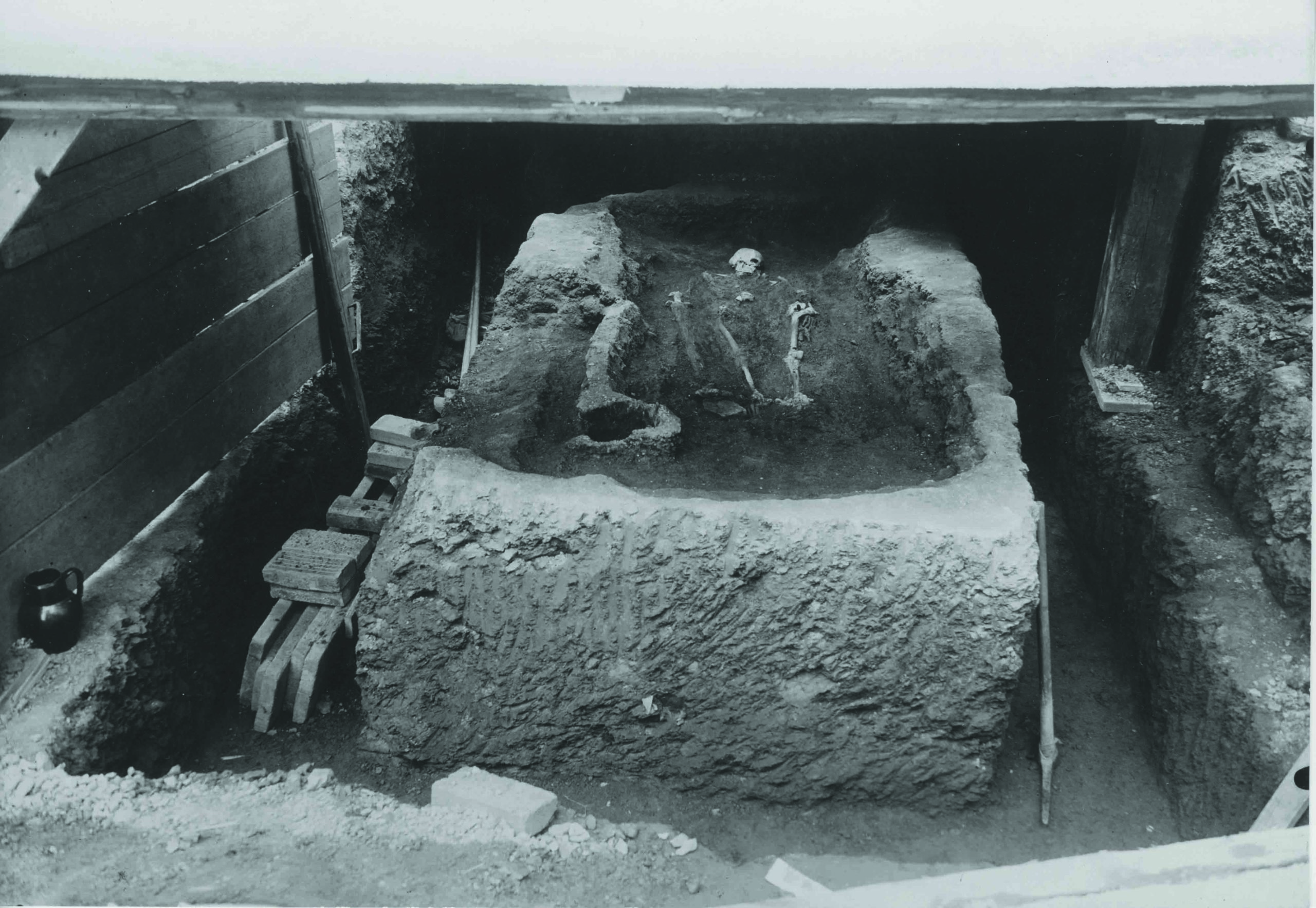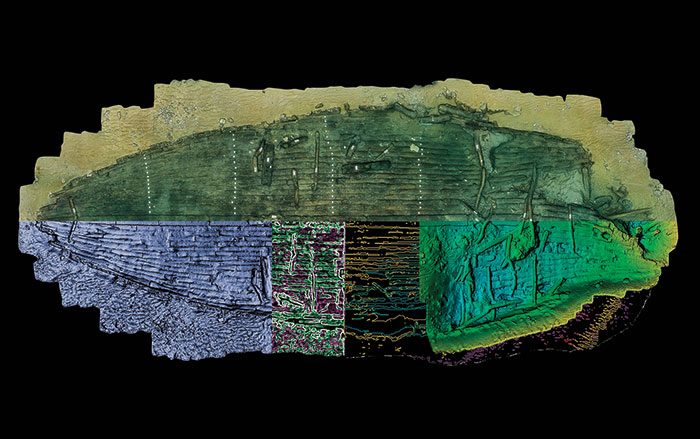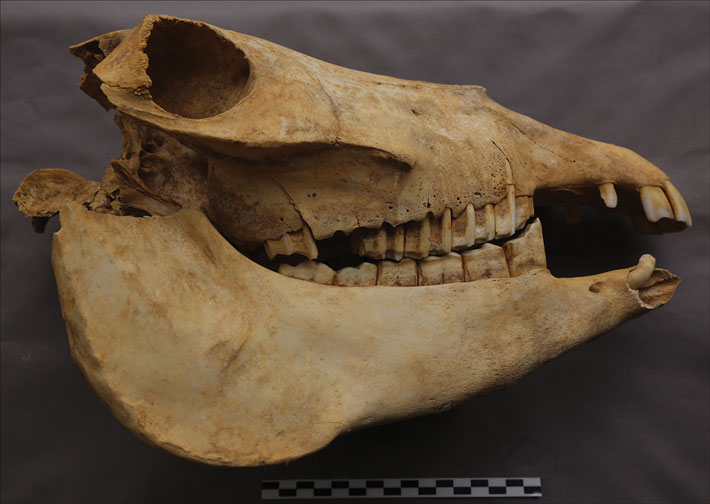
SHAANXI PROVINCE, CHINA—A team led by Songmei Hu of the Shaanxi Provincial Institute of Archaeology analyzed animal bones recovered from the looted ninth-century A.D. tomb of a Chinese noblewoman named Cui Shi, and determined that she was buried with at least three donkeys, according to a Science Magazine report. Fiona Marshall of Washington University in St. Louis said donkeys were not usually buried in such high-status graves, even in northwest China’s Tang Dynasty capital of Xi’an, which was located at one end of the trade route known as the Silk Road. The donkey bones found in Cui Shi’s tomb, however, were too small to represent useful pack animals, and they also showed wear similar to that found on animals who run and make frequent turns, Marshall added. Ancient texts indicate that Cui Shi was married to a skilled polo player who won the favor of Emperor Xizong. Cui may have also played the popular, fast-paced game, which was usually played on horseback, while riding a slower, safer donkey, Marshall explained. To read about a tomb unearthed in Shaanxi that is decorated with paintings depicting a sumptuous family feast, go to "Underground Party."


